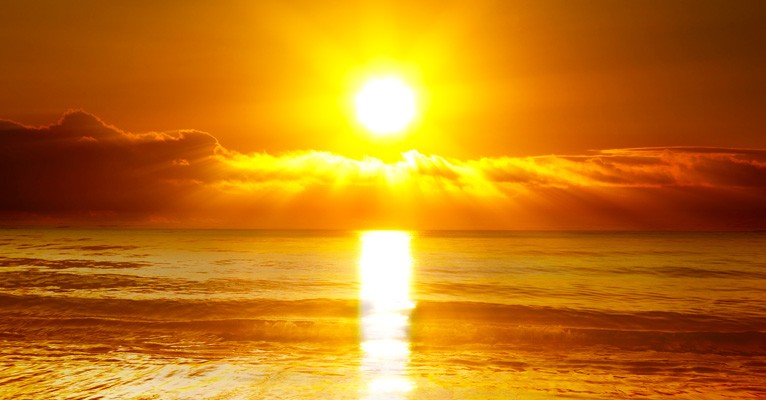Today’s First Reading recalls the sad moment when history became salvation history: the Fall of Adam and Eve. Even today it bears valuable lessons for us on how to identify and resist temptation.
First, the serpent exaggerates God’s strictness: he asks Eve to confirm if the Lord had prohibited all trees in the garden. He exaggerates God’s strictness, and, while Eve does not buy into it completely, she does buy into it: the Lord had said, “You are free to eat from any of the trees of the garden except the tree of knowledge of good and evil. From that tree you shall not eat; the moment you eat from it you are surely doomed to die.” Eve says the Lord said, “You shall not eat it or even touch it, lest you die,” which is not the same.
Did Eve not listen completely to what the Lord had said? Did Adam repeat it to her incorrectly? Was she too starting to feel the pinch of being forbidden to do something? We’ll know in eternity, but from today’s First Reading we know that the serpent questioned whether God was being reasonable, and she believed the serpent over the Lord. Whenever you’re faced with a doubt, especially in moments of temptation, it is important to stick to the facts and not blow anything out of proportion.
The Fall wasn’t immediate: Eve started considering the fruit, relishing the thought of eating it and all the “good” it bore after she spoke with the serpent. If you dwell on temptation, instead of refuting and rejecting it, it will worm it’s way into your heart. The best remedy to temptation is to ignore it: being tempted is not sinful, but consenting to it is. It always blows the potential “good” out of proportion and tries to blind you to its downside. Adam and Eve soon realized that the “good” they’d expected from eating the fruit what not all it was cracked up to be. Experience with temptation and sin reminds us of this over and over again, and it’s important to learn from experience.
Lastly, Adam was with Eve during her moment of temptation and said and did nothing to stop her. Eve didn’t exactly twist his arm about eating the fruit. We are responsible for each other’s spiritual well being: if we love someone we’ll warn them about sin and help them not fall into it.
Let’s pray today for everyone experiencing temptation and for the strength to overcome it in our own lives.
Readings: Genesis 3:1–8; Psalm 32:1–2, 5–7; Mark 7:31–37. See also 23rd Sunday in Ordinary Time, Cycle B.


